Home » Film Review: A Leaf of Faith
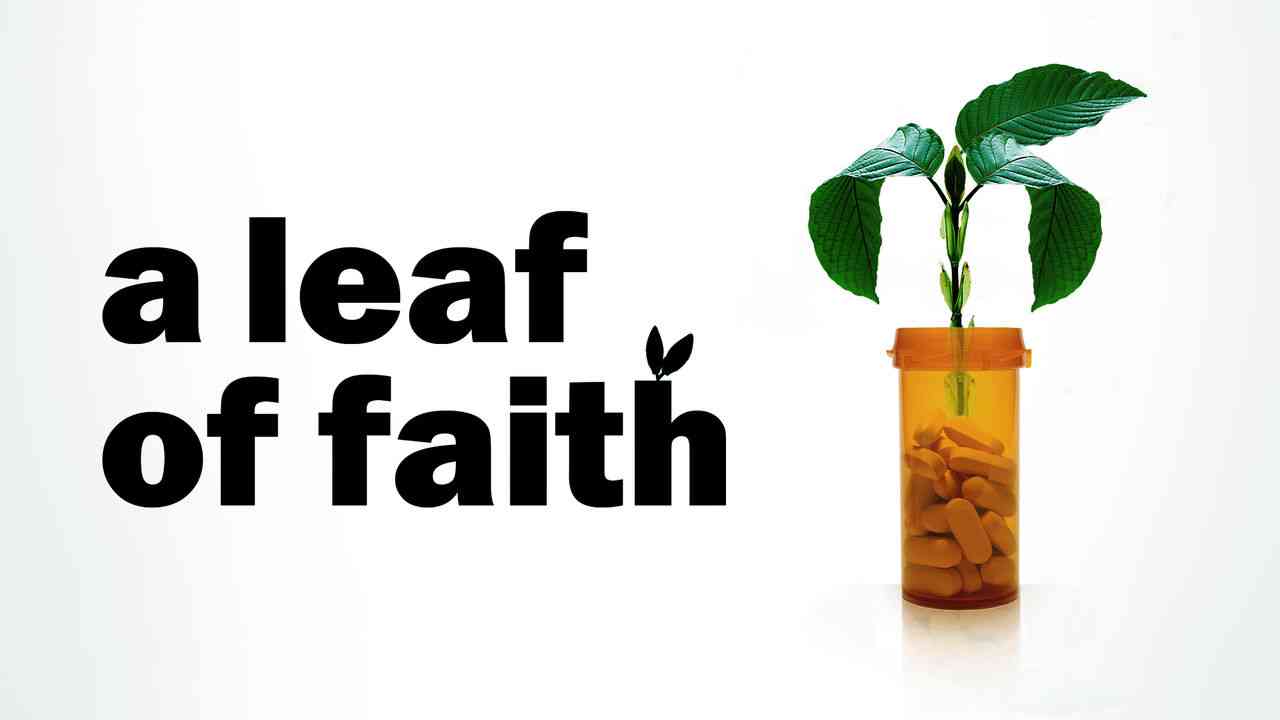
Film Review: A Leaf of Faith
- Anthony Dent, Founding Member
- 3 Comments
Those who concern themselves with the ages of man have often pointed to the work of Scottish historian Alexander Tytler. His work details the cycles of civilization. It is from Tytler from whence the common refrain ‘the Age of Apathy’ has been ascribed to our current circumstance. It is thought to be where American’s reside, and one of the last stops before a culture subsumes itself back into bondage. But Tytler, a product of the stoic 18th century, may have underestimated the skepticism borne of the 21st. Be it a product of the internet or the steady flash of information, no time has been more ripe for the skeptic and cynic alike than this our current day.
And so even the sacred documentary, just a few years back a medium seemingly above reproach, stands among those suspect of the barrage of falsified news and mistruth. Most alarming is when a documentary, any source really, presents a unified message; surely, it is biased, we think. This overcast world and our rattled sensibilities stand to suffer nothing short of divisive polarity, and so a source with a potently homogenous message would seem to crumble under scrutiny. Anything short of doubt would require a leap of faith.
And so it is with the Netflix film A Leaf of Faith, a documentary which seeks to demystify the Kratom plant, that viewers will hear a very convincing story and be left to wonder if it is prophecy or propaganda. Starring weightlifting champion Chris Bell, and touting a wide cast from comedians to celebrities, then elderly and politicians, A Leaf of Faith forces a very difficult question upon its viewers. Sure, there are clear signs of bias; politicians out of vogue with the Kratostocracy are depicted as cartoonish villains, as those who support it are carried lightly. But evidence begins to mount and the viewer begins to question if this is indeed a one sided story, or a story with only one side.
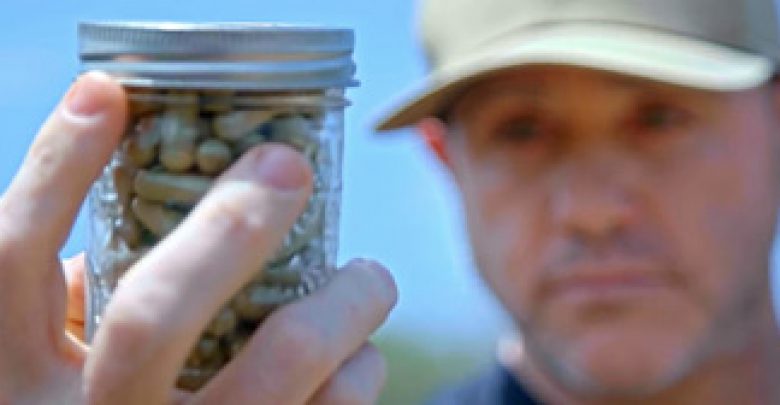
Shane Moss, a comedian who suffered a debilitating injury, says that kratom allows him to “walk like a normal person”. An 89 year old stereotypical grandma says “I’ve gotten my life back.” A chorus of “Kratom has saved my life” seems to be the rhythm behind the tune, all of which continues to compound what steers the skeptic towards a simple truth; when used properly, kratom is a remarkable and restorative plant.
Three doctors – with varying levels of investment in protecting the status quo – defend kratom, a kindred with the omnipresent coffee plant. While A Leaf of Faith doesn’t bring to bear many against kratom, it’s likely done to protect the premises kratom defenders would say brings the plant undue scrutiny; that the FDA is geared against it ever since the DSHEA Act of the 90’s, that Big Pharma wants to see it fail because it can’t profit from it, that politicians who don’t understand it are pandering to hyper sensitive voter bases to ban, ban, ban anything remotely foreign. And some of this rings true. The politicians are eager to assign death, while the scientists are eager to study it; you can guess who gets more sway in this debate. While we cannot deny the tradgedy of the suicide of a young man documented in the film, we also can’t ignore that heroin and methamphetamines seem far more likely at cause for his demise than kratom, a plant so benign that some producers feel the need to lace it with toxic adulterants in order to provide a ‘high’.
The kratom community smartly uses this to trumpet their best argument; they are just as keen to see kratom regulated as the heavy handed government agencies they are quick to criticize. Laced kratom helps nobody except the politicians itching to ban it and the shady businesses looking to profit off it. “Legal Heroin” is what its fiercest opponents would call it – “Leaving Heroin” how those who swear by it would name kratom – countless features in the film show individuals who have recovered from hardcore opiate addictions using kratom. Should the critics concede this, then they are quick to point to addiction. And yet those kratom users in the film – whether they are addicted or not – do not fit the bill of ‘addicts’, as convention would see them. They are filmmakers, businessmen, doctors, weightlifters, all walks of life with the endless refrain still echoing long after the film has stopped; “Kratom has saved my life.” I don’t think I’ve ever heard an addict say the same about their poison of choice.
It is not that A Leaf of Faith does not try to give attention to the critics of kratom; it is that the critical argument against kratom seems severely limited, though one does wonder if Mr. Bell went to much trouble to explore it. But with the evidence supplied, one almost wonders if it is worth detracting from a plant which, according to so many, is a life saver. If a seatbelt causes one death for every fifty it saves, do we outlaw seatbelts? Herein lies the crux of the argument made by proponents of kratom. If sugar and alcohol can be taken in stride – with their enormous associated cost – how is it that kratom can be demonized? And if for every fifty lives saved by kratom, one gets constipation – as one doctor says tongue in cheek as the worst side effect he’s seen – is this not a cost we can stomach?
But it all could be a moot point. Perhaps Tytler’s Cycle is misinterpreted. Perhaps his signposts are suggestions. As A Leaf of Faith suggests, maybe we are better off apathetic; That is, maybe we should stop caring what people decide to do with their bodies, especially when the plant in question is more akin to coffee than candy. But the people who feel they’ve been given a second lot in life?
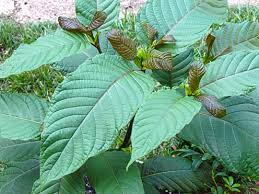
They care. And so they’ll continue to fight for kratom.
And it seems like a fight they’ll win.
-Andrew Whitney
Featured Products
-
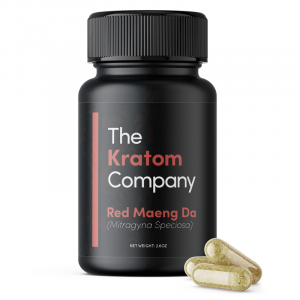 From $24.00Select options This product has multiple variants. The options may be chosen on the product page
From $24.00Select options This product has multiple variants. The options may be chosen on the product page -
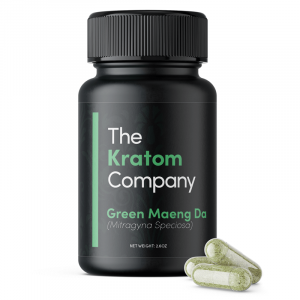 From $24.00Select options This product has multiple variants. The options may be chosen on the product page
From $24.00Select options This product has multiple variants. The options may be chosen on the product page -
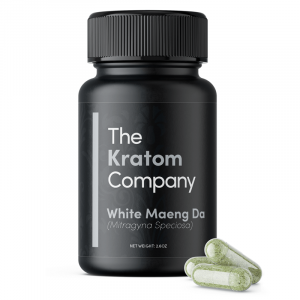 From $24.00Select options This product has multiple variants. The options may be chosen on the product page
From $24.00Select options This product has multiple variants. The options may be chosen on the product page
Explore More Posts
Product Search
Featured Products
-
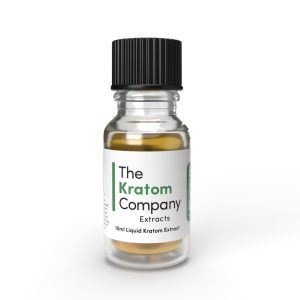 Pure Kratom Liquid Extract
Rated 4.72 out of 5From $20.00
Pure Kratom Liquid Extract
Rated 4.72 out of 5From $20.00 -
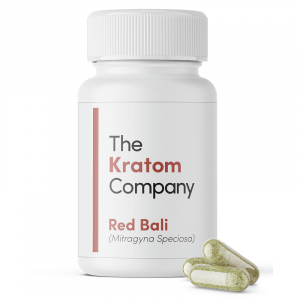 Red Vein Bali Kratom Capsules
Rated 4.70 out of 5From $24.00
Red Vein Bali Kratom Capsules
Rated 4.70 out of 5From $24.00 -
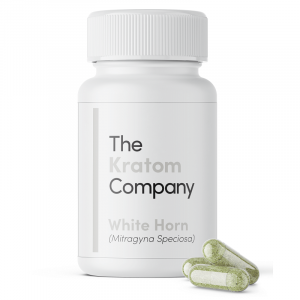 White Horn Kratom Capsules
Rated 4.88 out of 5From $24.00
White Horn Kratom Capsules
Rated 4.88 out of 5From $24.00
Recent Blogs
Follow Us
Strains
Blogs
NEWSLETTER
Sign up for our newsletter!

These statements and products presented on this website have not been evaluated by the Food and Drug Administration FDA. The products mentioned on this website are not intended to diagnose, prevent, treat or cure any diseases or health conditions. Therefore any information on this website is presented solely as the opinions of their respective authors who do not claim in any way shape or form to be medical professionals providing medical advice. The KRTM Company and its owners or employees cannot be held responsible for, and will not be liable for the inaccuracy or application of any information whatsoever herein provided. By purchasing our products you agree that you are aware and in compliance with your local county, state, or federal regulations. Must be 21 years or older to purchase Kratom. The US FDA has not approved kratom as a dietary supplement. We do not ship to the following states, cities and counties in the US where Kratom is banned: Alabama, Arkansas, Indiana, Rhode Island, Vermont, Wisconsin, Sarasota County, FL, Union County, MS, Denver, CO, San Diego, CA, and Jerseyville, IL.

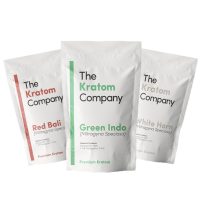




This Post Has 3 Comments
This movie is revolutionary for the kratom world. Keep spreading the word guys
Loved this movie. Hard to take a position against kratom after hearing all of the testimonies. Some people just need it to get by.
FDA has always been “eager to assign death” when it comes to kratom. The ignorance is really upsetting.